Omission in Legislation and Obligation: A study based on the methodology and objectives of Islamic law
This book looks at a specific topic within Islamic jurisprudence, which is that of tark (legal omission). This concept pertains to a circumstance that exists today, but did not occur during the time of the Prophet or the Companions or their followers. The book also looks at the reasons behind this form of omission on the part of the Law-maker. The book also looks at the Sharīʿah objectives with regard to tark as a means to notify ruling practices. Such objectives include consideration to human emotions and mercy granted to the Muslim community. They allow the improvement of the management of the community’s affairs according to its interests, so that the Muslim community can choose the best options in accordance to each specific circumstance and historical period, as long as such freedom does not contradict Islamic values and principles.
 Shared Knowledge
Shared Knowledge
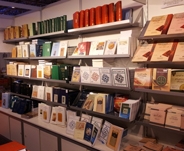
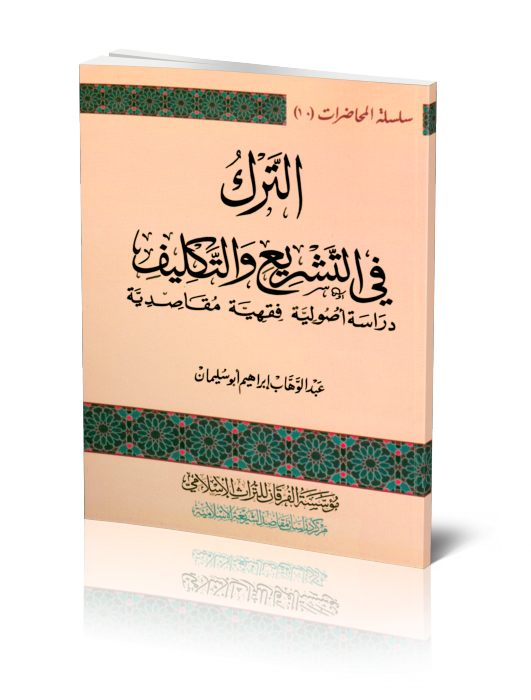
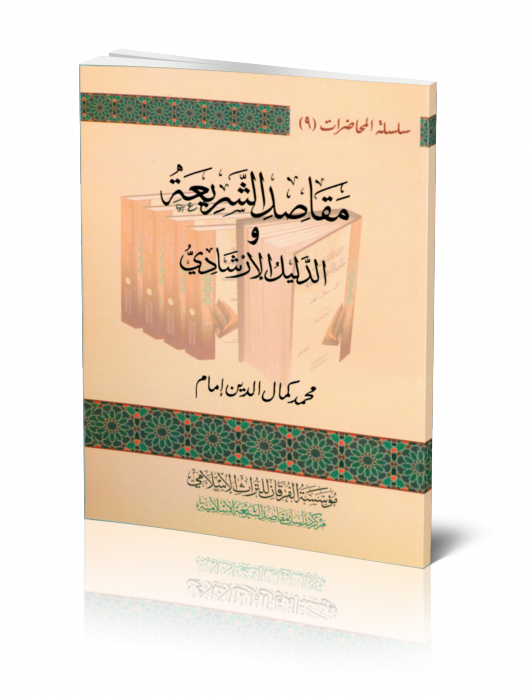 Purposes of Islamic Law & its Bibliography: Maqāṣid al-Sharīʿah wa al-Daleel al-Irshādī
Purposes of Islamic Law & its Bibliography: Maqāṣid al-Sharīʿah wa al-Daleel al-Irshādī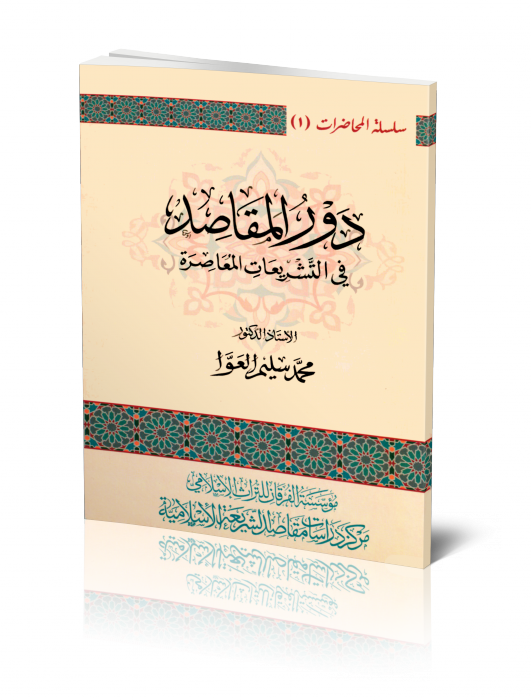 The Role of the Purposes of Islamic Law in Contemporary Legislation
The Role of the Purposes of Islamic Law in Contemporary Legislation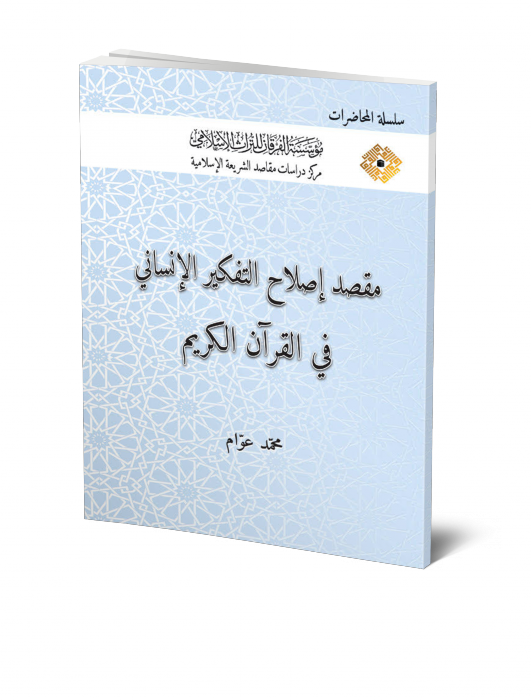 The Objective of Reforming the Human Thinking from the Qurʾanic Perspective
The Objective of Reforming the Human Thinking from the Qurʾanic Perspective